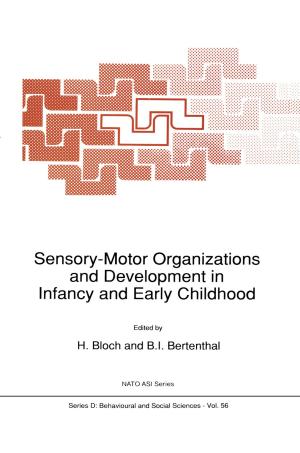Knowing from Words
Western and Indian Philosophical Analysis of Understanding and Testimony
Nonfiction, Religion & Spirituality, Philosophy, Epistemology, Science & Nature, Science, Other Sciences, Philosophy & Social Aspects| Author: | ISBN: | 9789401720182 | |
| Publisher: | Springer Netherlands | Publication: | June 29, 2013 |
| Imprint: | Springer | Language: | English |
| Author: | |
| ISBN: | 9789401720182 |
| Publisher: | Springer Netherlands |
| Publication: | June 29, 2013 |
| Imprint: | Springer |
| Language: | English |
Never before, in any anthology, have contemporary epistemologists and philosophers of language come together to address the single most neglected important issue at the confluence of these two branches of philosophy, namely: Can we know facts from reliable reports? Besides Hume's subversive discussion of miracles and the literature thereon, testimony has been bypassed by most Western philosophers; whereas in classical Indian (Pramana) theories of evidence and knowledge philosophical debates have raged for centuries about the status of word-generated knowledge.
`Is the response "I was told by an expert on the subject" as respectable as "I saw" or "I inferred" in answer to "How do you know?"' is a question answered in diverse and subtle ways by Buddhists, Vaisesikas and Naiyayikas. For the first time this book makes available the riches of those debates, translating from Sanskrit some contemporary Indian Pandits' reactions to Western analytic accounts of meaning and knowledge.
For advanced undergraduates in philosophy, for researchers - in Australia, Asia, Europe or America - on epistemology, theory of meaning, Indian or comparative philosophy, as well as for specialists interested in this relatively fresh topic of knowledge transmission and epistemic dependence this book will be a feast.
After its publication analytic philosophy and Indian philosophy will have no excuse for shunning each other.
Never before, in any anthology, have contemporary epistemologists and philosophers of language come together to address the single most neglected important issue at the confluence of these two branches of philosophy, namely: Can we know facts from reliable reports? Besides Hume's subversive discussion of miracles and the literature thereon, testimony has been bypassed by most Western philosophers; whereas in classical Indian (Pramana) theories of evidence and knowledge philosophical debates have raged for centuries about the status of word-generated knowledge.
`Is the response "I was told by an expert on the subject" as respectable as "I saw" or "I inferred" in answer to "How do you know?"' is a question answered in diverse and subtle ways by Buddhists, Vaisesikas and Naiyayikas. For the first time this book makes available the riches of those debates, translating from Sanskrit some contemporary Indian Pandits' reactions to Western analytic accounts of meaning and knowledge.
For advanced undergraduates in philosophy, for researchers - in Australia, Asia, Europe or America - on epistemology, theory of meaning, Indian or comparative philosophy, as well as for specialists interested in this relatively fresh topic of knowledge transmission and epistemic dependence this book will be a feast.
After its publication analytic philosophy and Indian philosophy will have no excuse for shunning each other.















